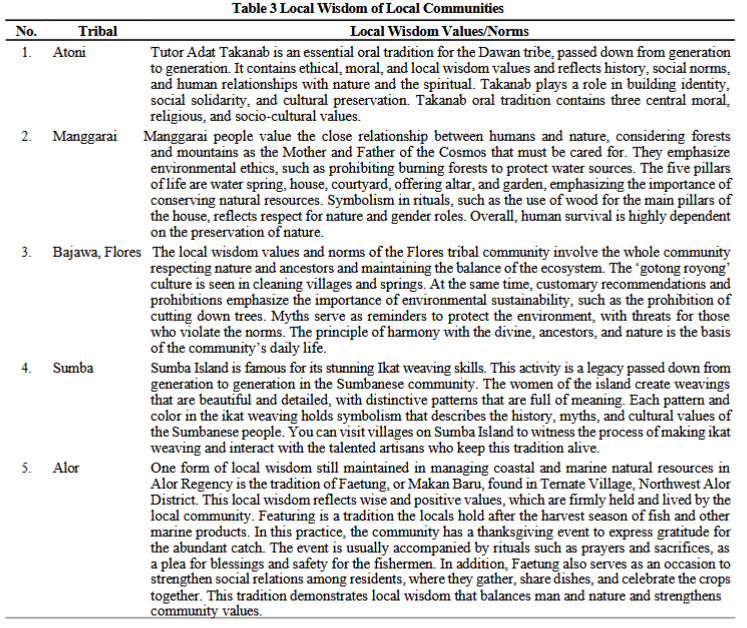Cultural Influences on Tax Perceptions and Compliance in Rural Timor
DOI:
https://doi.org/10.23917/reaksi.v10i1.8183Keywords:
local wisdom, tax behavior, cultural values, tax complianceAbstract
This study examines local wisdom and people's attitudes towards taxes in Kefamenanu, East Nusa Tenggara, focusing on how cultural values influence people's views on tax obligations. Through in-depth interviews with informants from five different tribes, it was found that people's local wisdom, which includes moral, religious, and social values, plays a vital role in shaping their attitudes toward taxes. Most informants view taxes as a burden due to the government's lack of transparency and accountability in managing tax funds. The community feels that the benefits of taxes are not visible, especially regarding adequate infrastructure and public services. In addition, the low awareness and knowledge of tax obligations among rural communities exacerbates this negative perception. The results show that social injustice, where low-income earners feel more burdened than high-income earners, also influences the intention not to comply with tax obligations. The implications of these findings emphasize the government's importance in designing tax policies that consider local social and cultural factors to increase tax compliance and create a fairer and more transparent tax system.

Submitted
Accepted
Published
Issue
Section
License
Copyright (c) 2025 Riset Akuntansi dan Keuangan Indonesia

This work is licensed under a Creative Commons Attribution-NonCommercial-ShareAlike 4.0 International License.



















